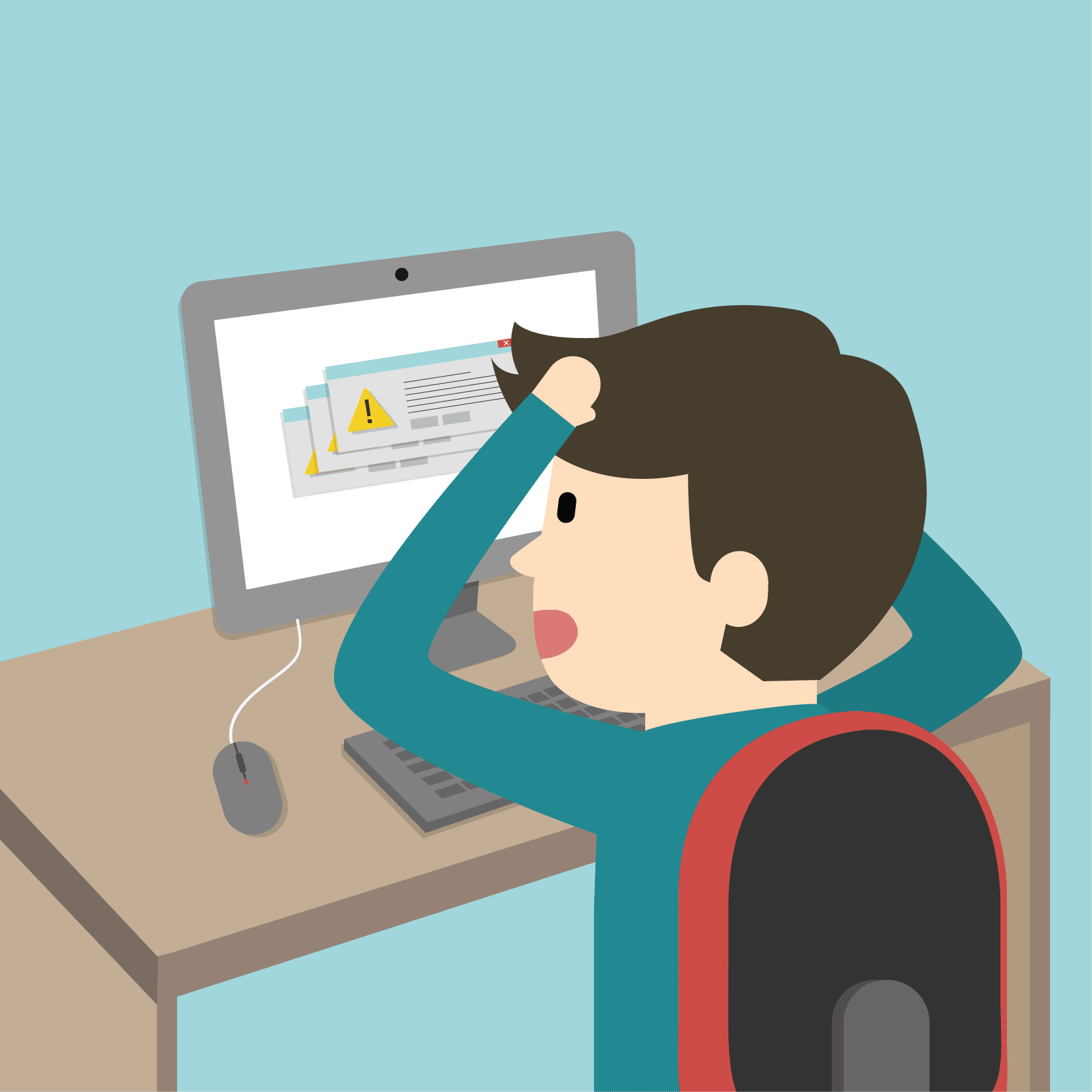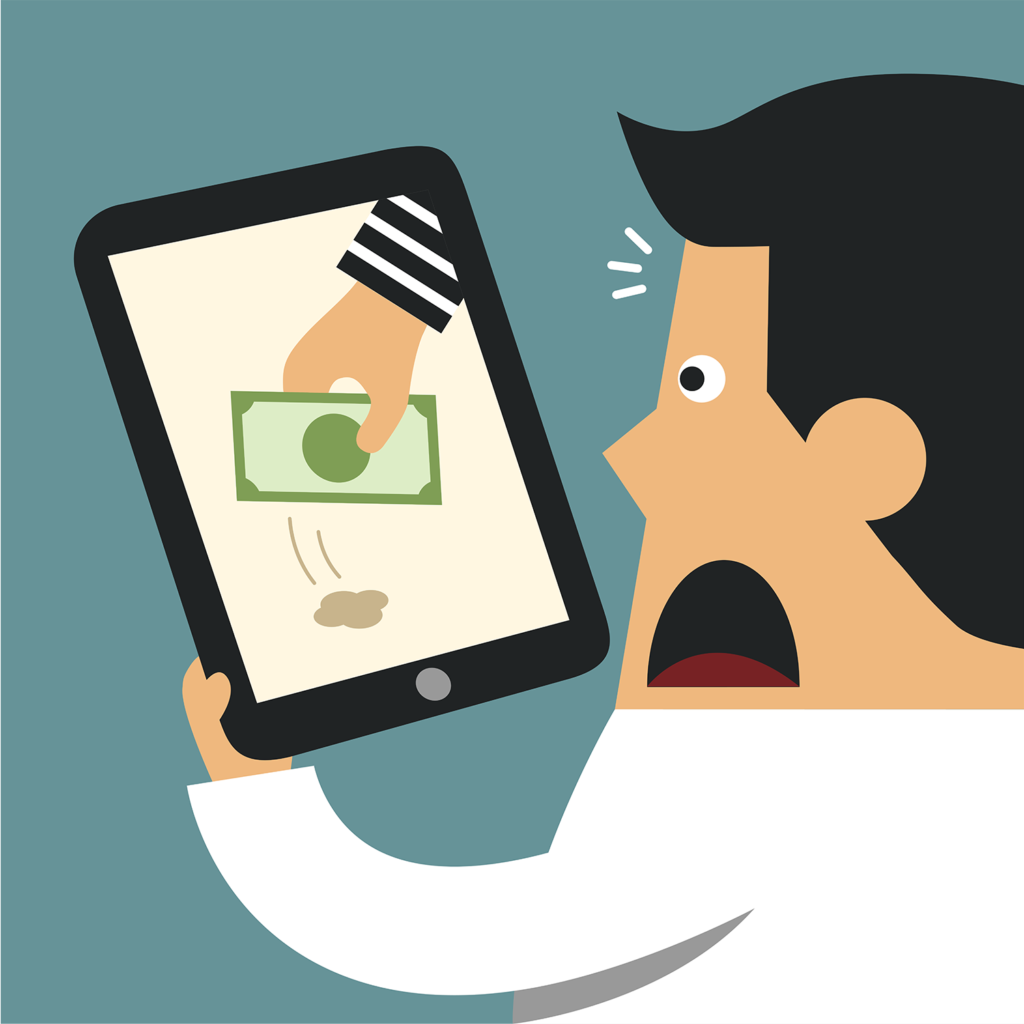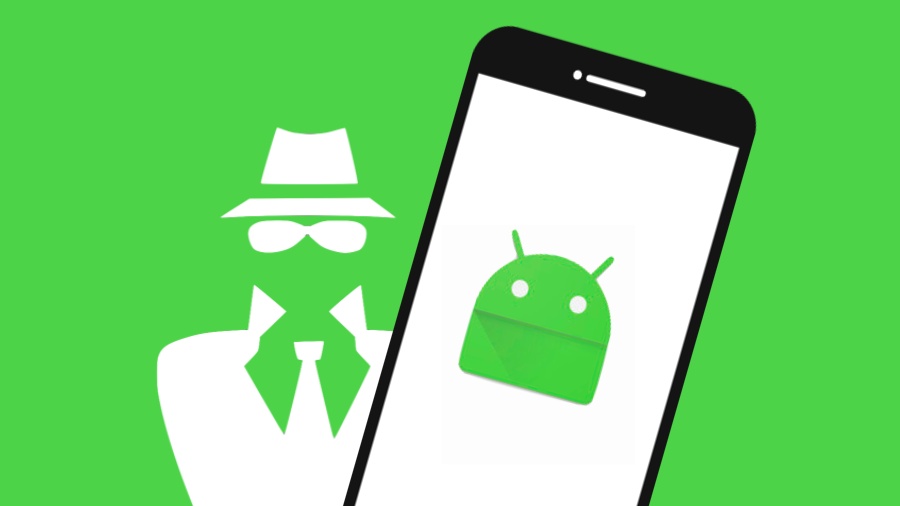What Are Some Signs My Device Has Been Hacked?

Considering that we do many things online such as banking, work projects, and more, keeping data safe is now more important than ever. Along with doing the usual safeguards, it’s important to monitor your devices for signs of hacking; here’s how.
Investigate Online Accounts
It’s a good idea to be in the habit of checking your bank and credit card accounts regularly because they can help you find unusual purchases that might arise if a hacker steals your information.
In some cases, hackers like to test the legitimacy of your credit card or bank account by doing a small purchase at a retailer. One simple way to monitor transactions is to sign up for mobile alerts with your bank.
Meanwhile, if you use streaming services such as Netflix, it’s a good idea to keep an eye on your viewing activity to see if anyone else has been accessing the account. If they have, change your password and do a security scan on your device.
You should do the same for social media channels too. Some things to look for include unrecognized posts, joining a bunch of Facebook groups or following people you don’t know.
Hacking Calling Cards
Another hallmark hackers love to employ is once they infect your device with malware they want to spread the love to your friends and family. This often takes the form of an email or text sent by you with a link, that if the recipient clicks on, they’ll receive the gift of malware too.
To prevent this from happening, it’s important to check the sent folder of your email accounts and monitor your social and text messages regularly. If you do come across a message you didn’t send, warn the recipients quickly.
Poor Performance
Have you noticed your device slows down regularly and it seems out of the blue? This could be a sign it’s infected due to hacking. Malware requires much processing power. And because of this, you’ll experience a significant lag when trying to load websites or watch Netflix.
The goal here is to document how it happened. Gizmodo states if the slowdown is sudden and happens long-term, it’s a great idea to do some security scans to isolate the issue.
Another performance indicator can be that it seems to have a mind of its own. To demonstrate, it might open apps you didn’t command it to or wake up or conduct keystrokes on its own. Gizmodo states these could be signs someone is controlling your device through a backdoor app.
With this in mind, pay attention to how your device behaves as it can indicate there’s a problem present.
Lack of Access
Hackers also enjoy changing login information to prevent you from accessing your accounts. However, in instances like these, you’ll usually receive an email from the social media platform informing you of the change and the steps to take if you didn’t approve the login change. It’s important to pay attention if you receive any of these messages.
Another way you lose access is through file compression. As noted above, malware requires a ton of processing power and memory. To achieve this, sometimes it will compress files, rendering them unusable on your end.
And if you have experienced data loss due to hacking, we can help.
The data recovery experts at Outsource are adept at restoring data. We use proprietary tools and our expertise to deliver the results you want.
Best of all, we provide all the information up front so you can feel comfortable with the services we provide. Are you ready to recapture your data? Start the process by contacting us today!

